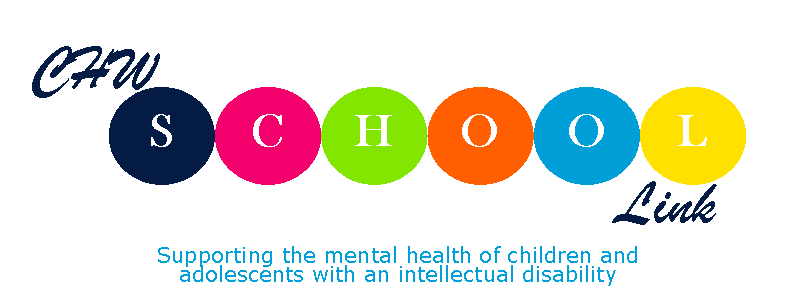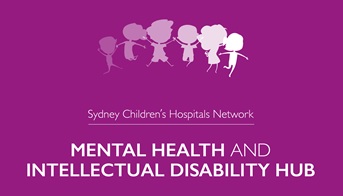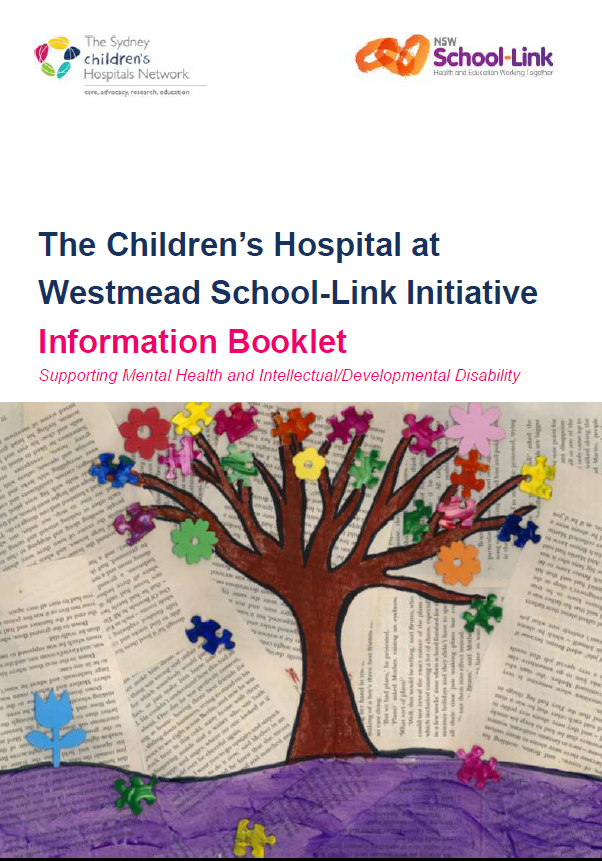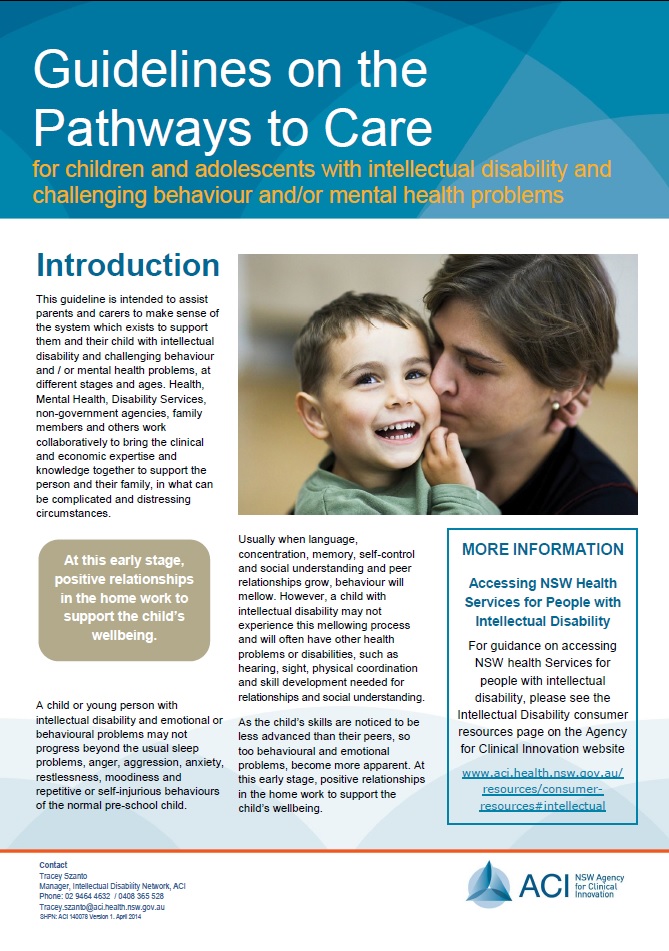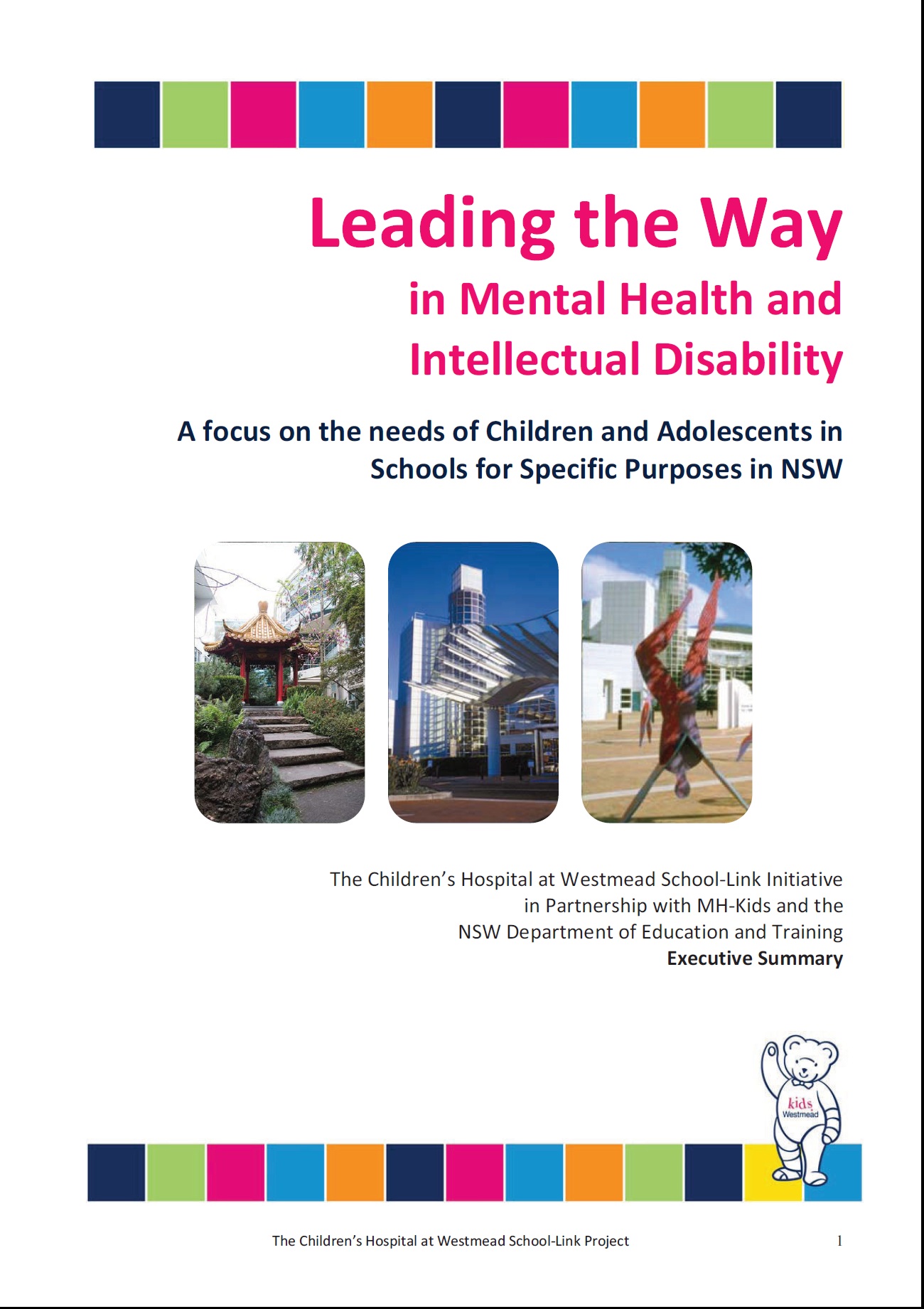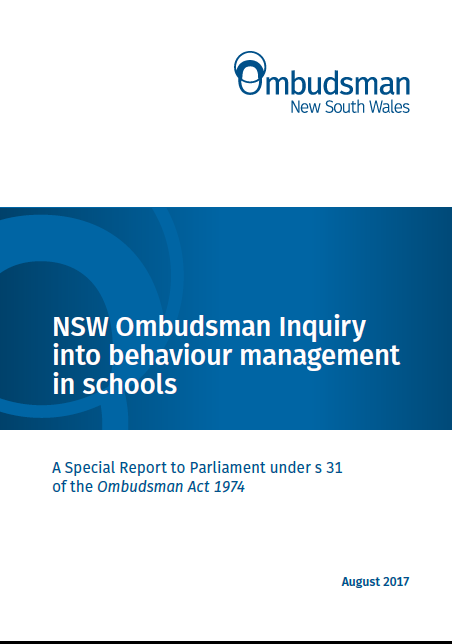Emergency and Mental Health Crisis Numbers (NSW)
All numbers listed below are available 24/7 and are free or the cost of a local call (some charges may apply to mobile users).
Emergency Situation:
In an emergency situation call 000 If someone has attempted, or is at immediate risk of attempting to harm themselves or someone else, call triple zero (000) immediately
Acute Mental Health Situation:
The NSW Mental Health Access Line 1800 011 511
The NSW Mental Health Line is a state-wide telephone number which puts you in touch with your local mental health service. Staffed by mental health professionals, the line gives NSW residents access to expert mental health advice, support and referrals for people dealing with a mental health problem and their families and carers. Where appropriate they can put you in contact with the local mental health crisis or acute care team. The Mental Health Line also provides advice about clinical symptoms, the urgency of the need for care and local treatment options for health and care service providers.
Crisis Telephone Counselling Services:
Lifeline 13 11 14
Anyone across Australia experiencing a personal crisis or thinking about suicide can contact Lifeline for support.
Kids Helpline 1800 551 800
Provides specialised help for young people aged 5 to 25 years, and is staffed by professional counsellors.
Suicide Call Back Service 1300 659 467
The Suicide Call Back Service provides crisis counselling to people at risk of suicide, carers for someone who is suicidal and those bereaved by suicide. People who are not linked in with current professional support can also access up to six sessions of ongoing counselling with the same counsellor at scheduled times.
MensLine Australia 1300 78 99 78
For men of any age who would like support, information or referral to assist them to deal with relationship problems in a practical and effective way.
Sexual assault, family and domestic violence Line 1800 424 017
For anyone in Australia who has experienced or is at risk of sexual assault, family or domestic violence and their non-offending supporters.
CAMHS Services
Children and Adolescent Mental Health Services are specialist mental health services for children and adolescents up to the age of 18yrs and their families. The aim of NSW Health CAMHS is to improve the mental health of these young people and to help them, their families and others caring for them to optimise their development and to build a secure base for their futures. CAMHS services vary in each Area Health Service. For the great majority of children and adolescents with mental health problems, care is best provided in community settings.
Services provided include: specialist community based services for children and adolescents and their families; specialist day programs for more intensive treatment; specialist acute and non-acute inpatient services for children and adolescents; specialist outreach services such as the telepsychiatry program to increase support for families and service providers in rural communities; support for Children of Parents with a Mental Illness; forensic services for adolescents whose mental health problems have led to interaction with the justice system.
CAMHS provide priority access for children, adolescents and families at highest risk for current or future impairment and for those with the greatest need for specialist intensive and often long-term mental health interventions, especially those who have been exposed to multiple risk factors for mental health problems.
